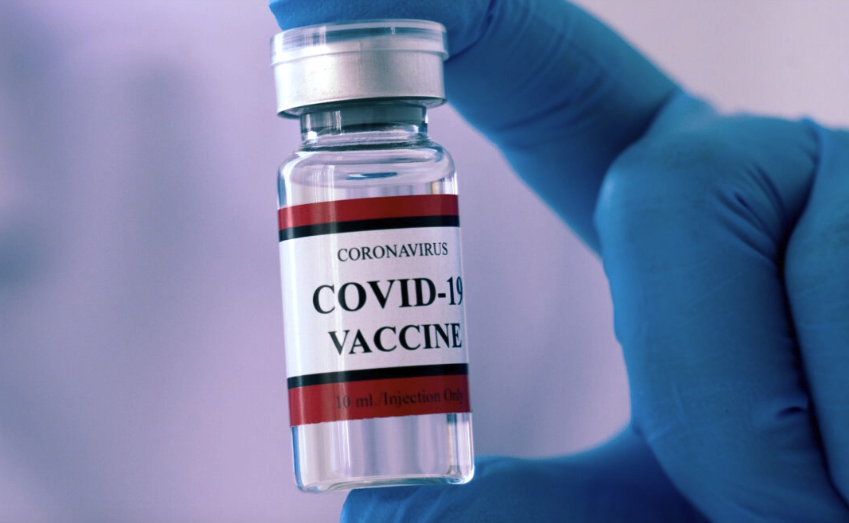Higher Mortality Found Among Vaccinated Patients Hospitalized for COVID-19
Vaccinated patients had a 70 percent risk of mortality compared with 37 percent in the unvaccinated group.

Among hospitalized patients with COVID-19, a new study found that vaccinated patients had a significantly higher risk of mortality, suggesting vaccination may not prevent severe outcomes among hospitalized patients.
Researchers measured antibody levels of patients with SARS-CoV-2 infection and compared antibody levels of vaccinated and unvaccinated patients to determine whether vaccination protected against COVID-19-associated acute respiratory failure and improved outcomes of hospitalized patients.
Of 152 adults admitted to Ohio State University Hospital with acute respiratory failure between May 2020 and November 2022, 112 tested positive for COVID-19 and 40 were negative. Of the 112 patients with COVID-19, 89 were unvaccinated and 23 were vaccinated. Of the 89 unvaccinated patients, 46 were admitted before COVID-19 vaccines were available, and 43 were admitted after.
Among the 23 vaccinated patients, six received three vaccine doses, seven received two doses of Pfizer or Moderna, one received two doses of an unspecified vaccine, two received AstraZeneca, and seven received an incomplete vaccine series. Most patients in the cohort received an mRNA vaccine.
Key Findings
- In unvaccinated patients aged 19 to 49 and 50 to 79, researchers observed similar survival outcomes—with a decrease in survival noted in adults over 80.
- In patients aged 50 and older, an increased risk of mortality was observed in those who were vaccinated compared with those who were not.
- Additionally, COVID-19 patients who received a complete vaccination series had higher mortality than those who didn’t finish their vaccination series.
- Vaccinated patients who did not survive had “significantly increased average time” between receiving their initial vaccine dose and hospital admission compared with patients who did survive.
“Although the number of patients in this study is limited, these results suggest that among hospitalized patients, prior vaccination may not always be indicative of protection against mortality,” the paper’s authors wrote.
Researchers Surprised by Decreased Antibody Levels in Vaccinated
To their surprise, the researchers observed worse clinical outcomes and decreased antibody levels among vaccinated patients compared with the unvaccinated group. Antibody levels have been the determining factor used by vaccine makers and U.S. regulatory agencies to determine whether a COVID-19 vaccine is effective.
Furthermore, researchers observed reduced SARS-CoV-2-reactive antibody levels in vaccinated non-survivors.
An antibody is a protein produced by the body’s immune system that circulates in blood, recognizes foreign substances such as bacteria and viruses, and neutralizes them. After exposure to an antigen—a toxin or foreign substance—antibodies continue circulating in the blood to protect against future exposure to the virus or bacteria.
In their study, the researchers measured total IgG4 antibody levels in vaccinated and unvaccinated patients and found higher concentrations in COVID-19 patients in week three, along with reduced protective antibody responses, indicating the higher IgG4 levels didn’t necessarily yield protection against COVID-19. This is consistent with recent studies suggesting mRNA vaccines may increase COVID-19 spike-specific IgG4 levels without providing protection.